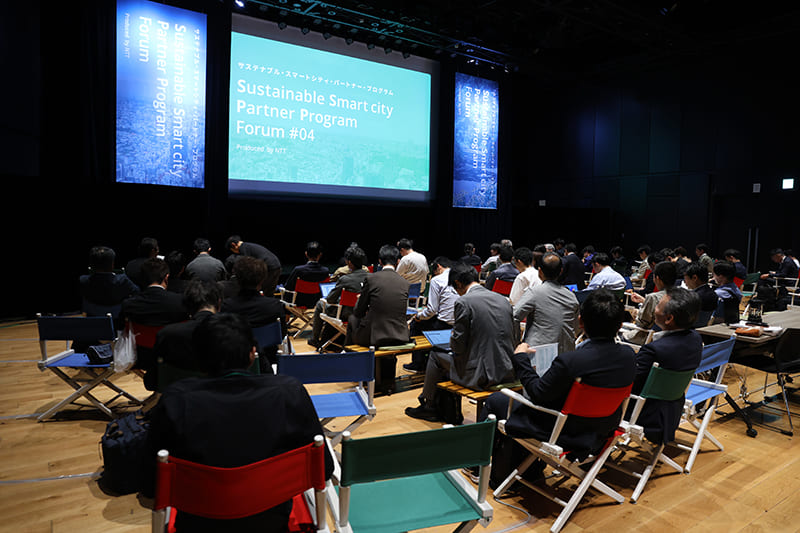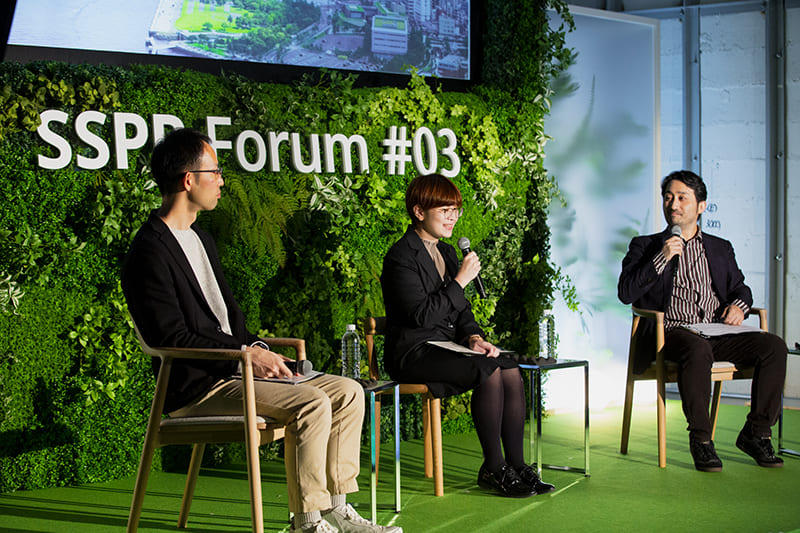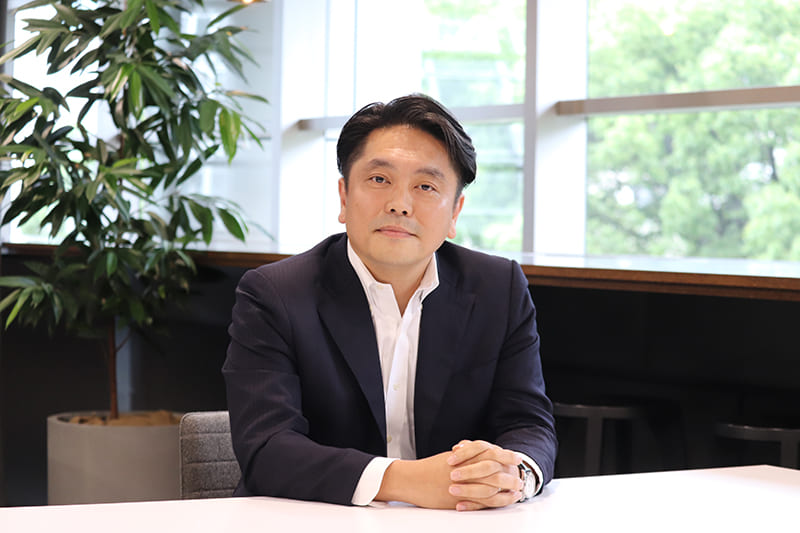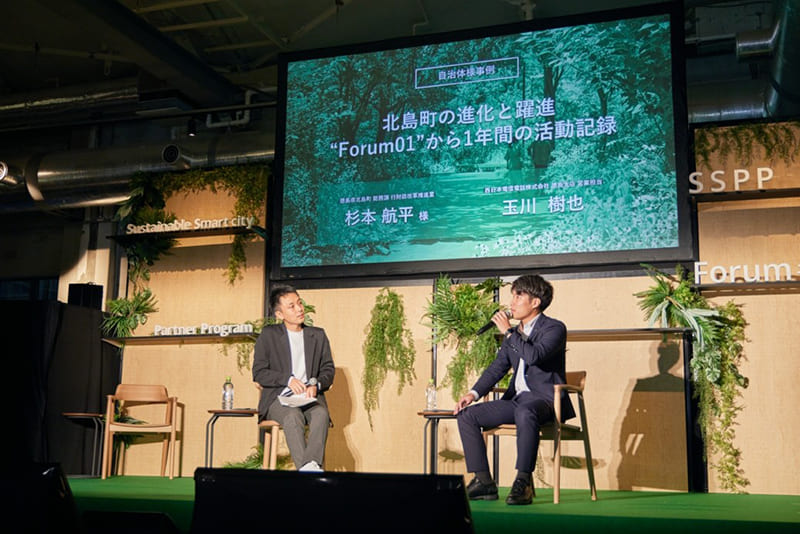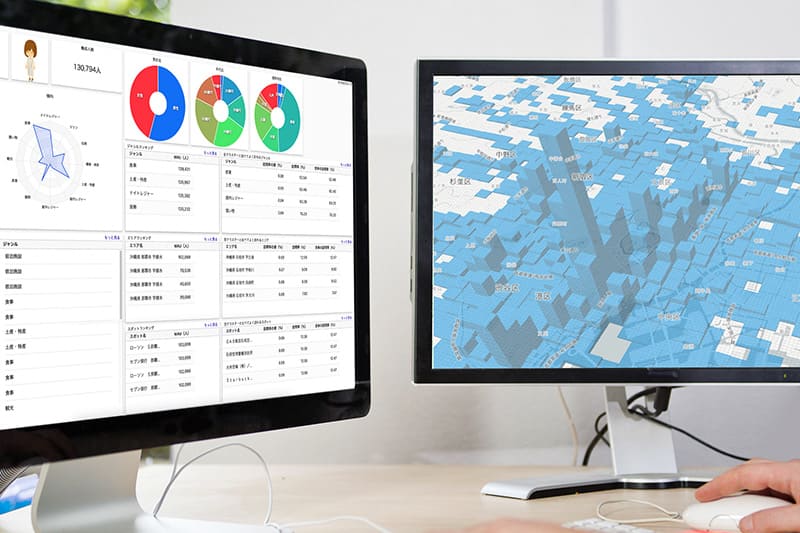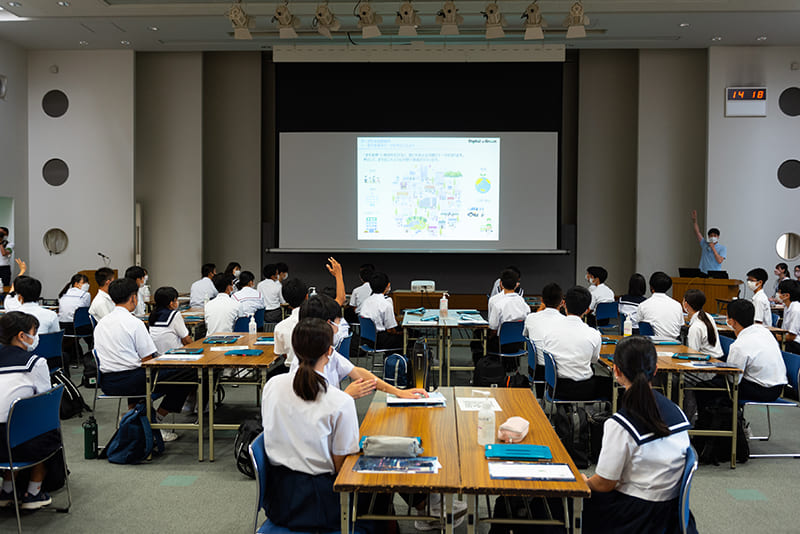November 02, 2023
NTT sustainable smart city effort is developing tools for well-being
Sustainable Japan Network
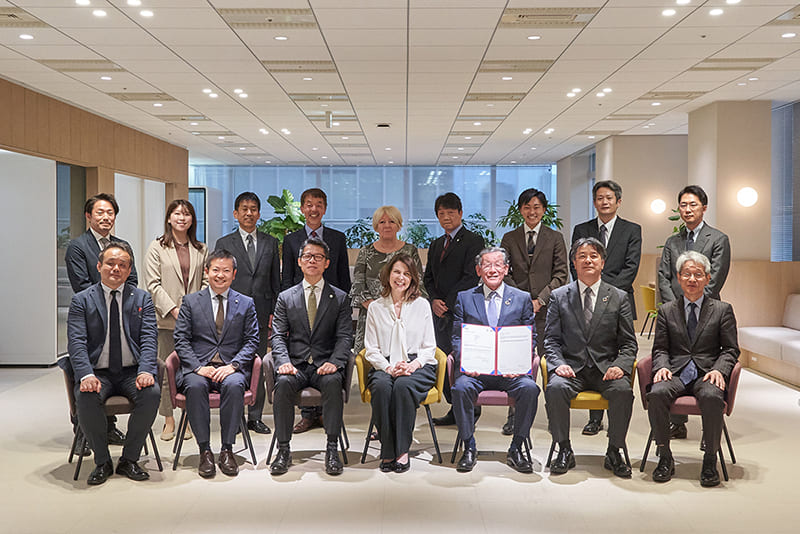
As envisioned in its new fundamental principle, “Innovating a sustainable future for people and planet,” the NTT group has been contributing its strength as Japan’s leading telecommunications company to the realization of new values and a sustainable society using the power of data and technology.
One effort, the Sustainable Smart City Partner Program (SSPP), started in 2020. It is an initiative offering a set of tools and information useful for the achievement of regional development that ensures sustainability and people’s well-being.
Among the various projects that the SSPP has engaged in, one of the most recent notable achievements is its contribution to the acquisition of Level 4 “leading smart city” certification over a development project in the central Nagoya district of Higashisakura conducted by NTT Urban Solutions and other NTT companies. The SSPP’s role has been to provide consulting and coordination on the acquisition and utilization of the certification.
Yojiro Onaru, senior manager of NTT Corp.’s Alliance Department in the R&D Market Strategy Division and director of the SSPP, explained in a recent online interview with The Japan Times that the international certification standard can be used as a pattern to refer to in the process of making a smart city. “Of course, each area has its own characteristics, so the point is not to squeeze every city into the same pattern. The pattern, which is comprehensive and flexible, is there to provide clues for how to proceed and continue the development of smart cities,” he said. He said the beauty of this certification system is that it places importance on the continuation of the “plan-do-check-act cycle” for each element of the certification requirement, ensuring that efforts will not be temporary.
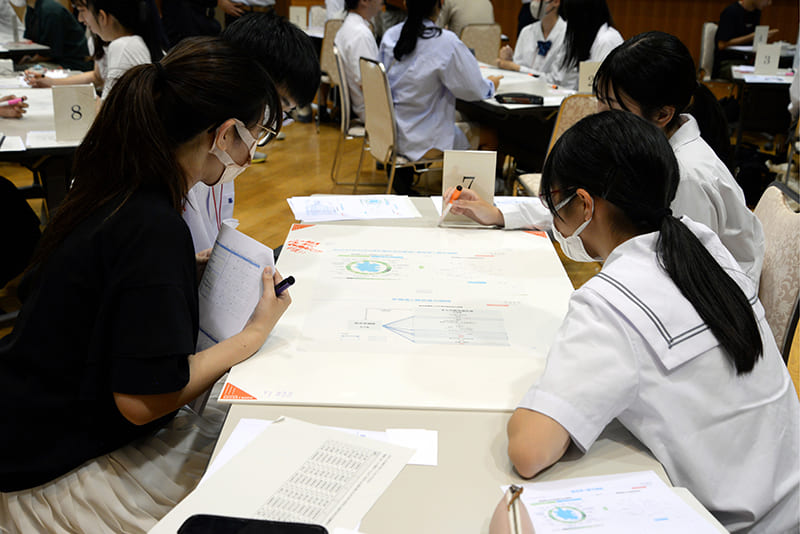
The project had acquired Level 3 certification as a collaborative smart city in 2022. The major difference between the two levels lies in whether the achievements of the processes implemented on Level 3 have been measured and are successful. Higashisakura became the second case in the world to acquire Level 4, after the South Korean city of Sejong. In Higashisakura, various ideas and technologies have been implemented, including common workplaces and a system showing how crowded each is, a security system powered by artificial intelligence, and an application to share useful information about what is happening in the district. The data for all of these is based on actual usage. Achievements are also measured based on the data and on surveys conducted several times a year on various parts of the community, including tenant owners and workers as well as residents. What makes Higashisakura a leading smart city is the continuity of growth and improvement made possible by learning from the data and people’s wants and needs.
Another example of a recent project that the SSPP engaged in was a workshop for junior high and high school students who visited an open campus event of the University of Fukui in August. It was held in collaboration with other organizations to increase youths’ interest in the attractions of Fukui and discuss how the city’s local characteristics can be used to enhance the well-being of its residents.
The workshop had three main parts. The first focused on understanding the concept of well-being using a set of cards invented by NTT Communication Science Laboratories. There are 32 cards that represent different types and levels of well-being, grouped into four categories: “I,” “we,” “society” and “universe.” Each participant chose cards and talked about them based on what well-being means to them.
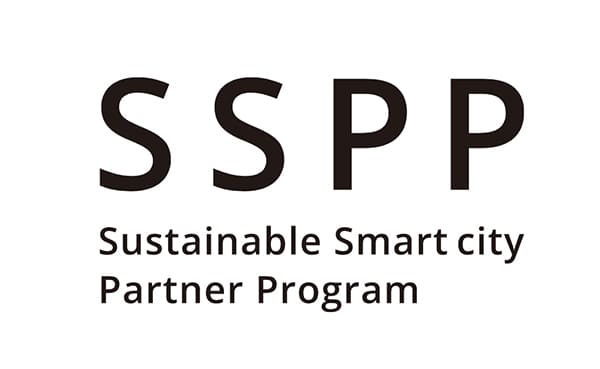
The second part was aimed at recognizing the characteristics of Fukui using Sugatami, a data-driven platform that facilitates the evaluation of a community both subjectively and objectively to visualize both its strengths and areas where more can be done.
In the last part of the session, students shared their thoughts about what kind of well-being they want to realize in Fukui. NTT’s Onaru considered the event, which gathered a total of 67 participants, a great success. “From positive feedback received from the participants, I feel that we managed to give them an opportunity to think about other people’s well-being as well as their own, stimulate their motivation to know more about their own hometown and learn how to interpret data, all at the same time,” he said.
To deepen learning from examples of smart and sustainable urban development that is focused on people’s well-being, the SSPP is planning to hold an online forum on Nov. 22. “We hope that many stories about projects of the SSPP’s member municipalities will be shared in the forum, encouraging participants to collaborate with each other in creating the process of learning and thinking about the development of their communities,” Onaru said.

